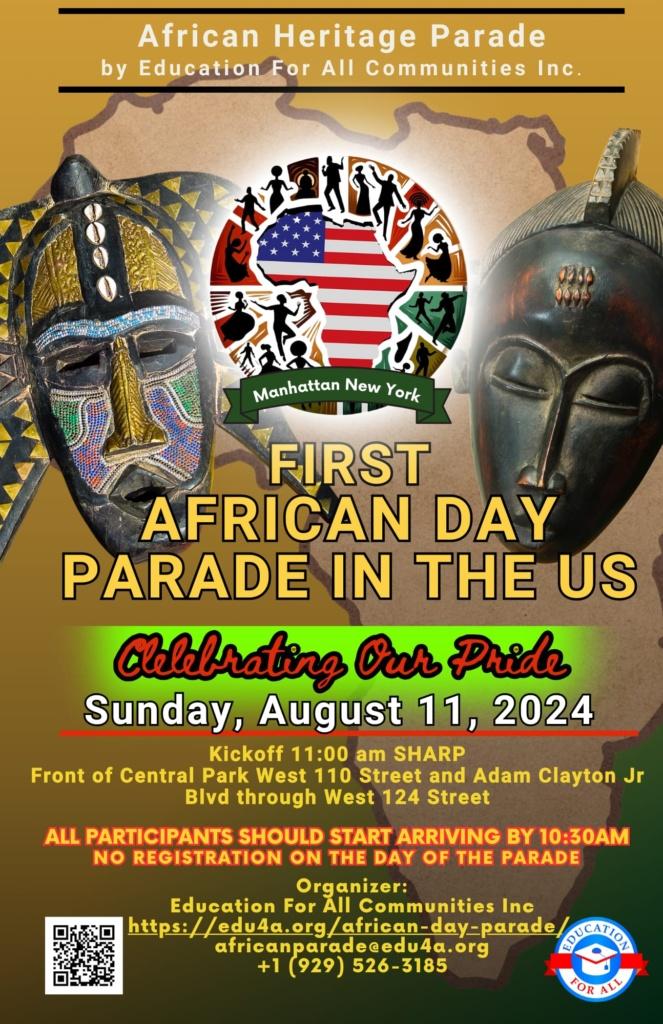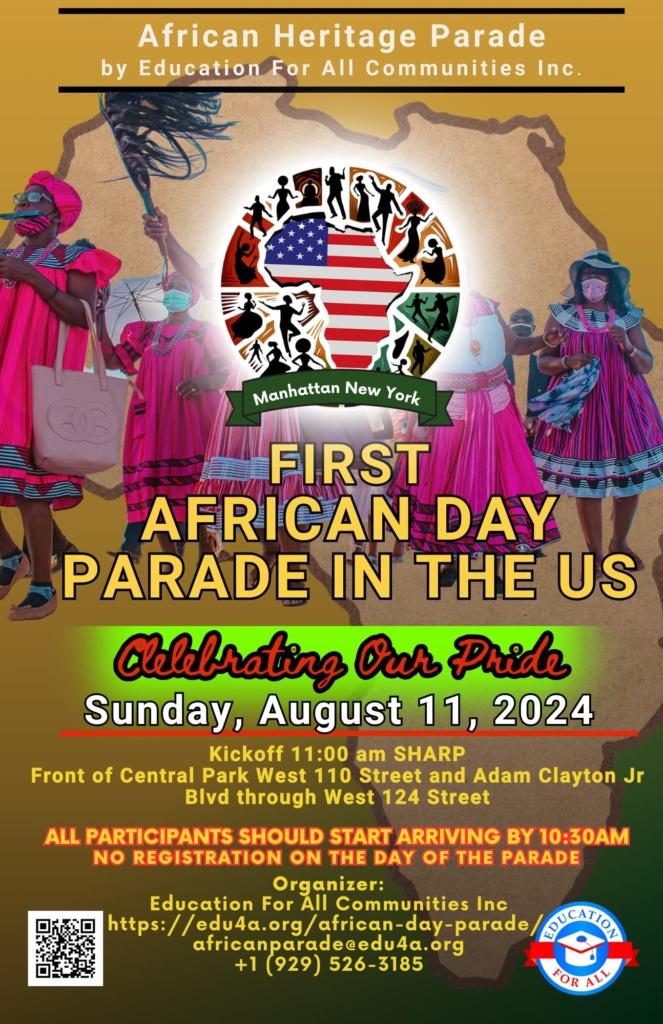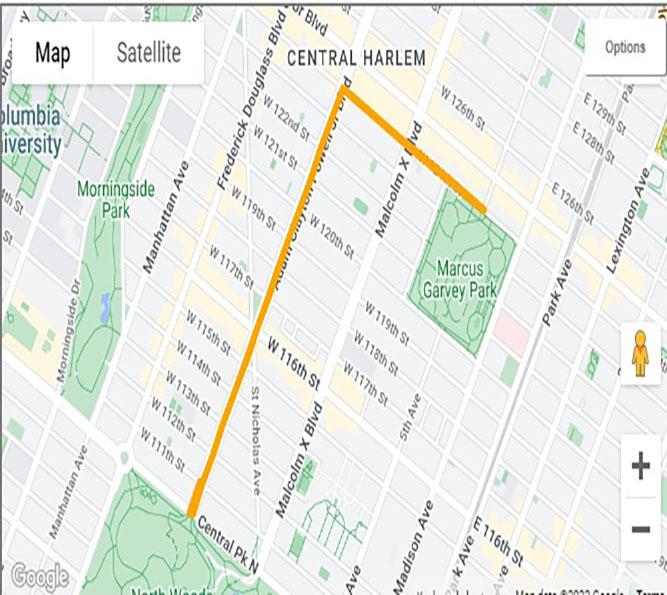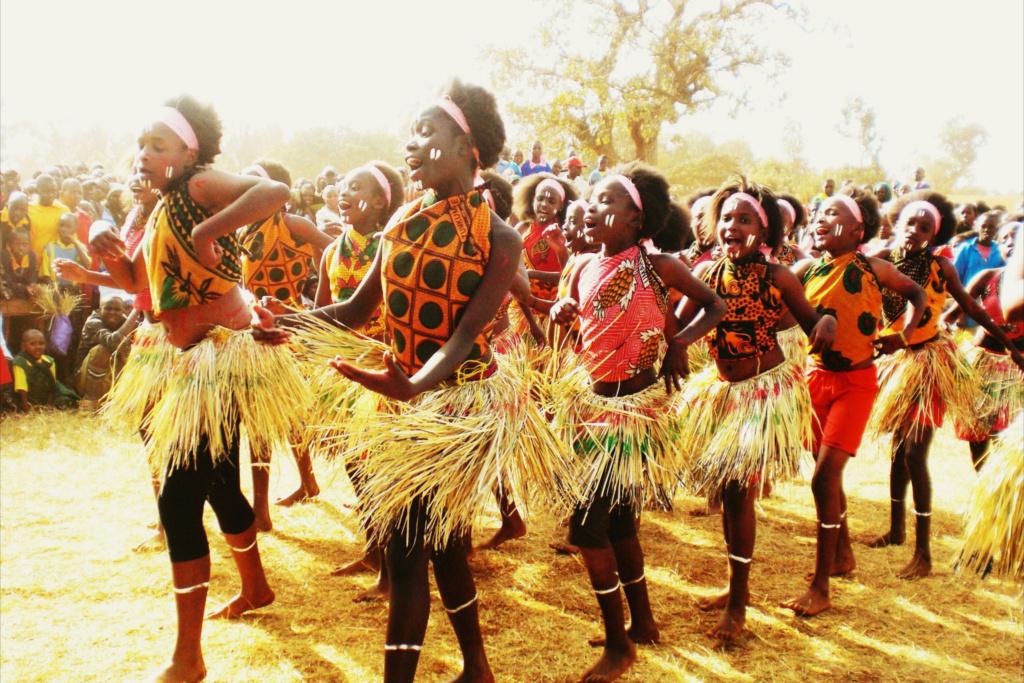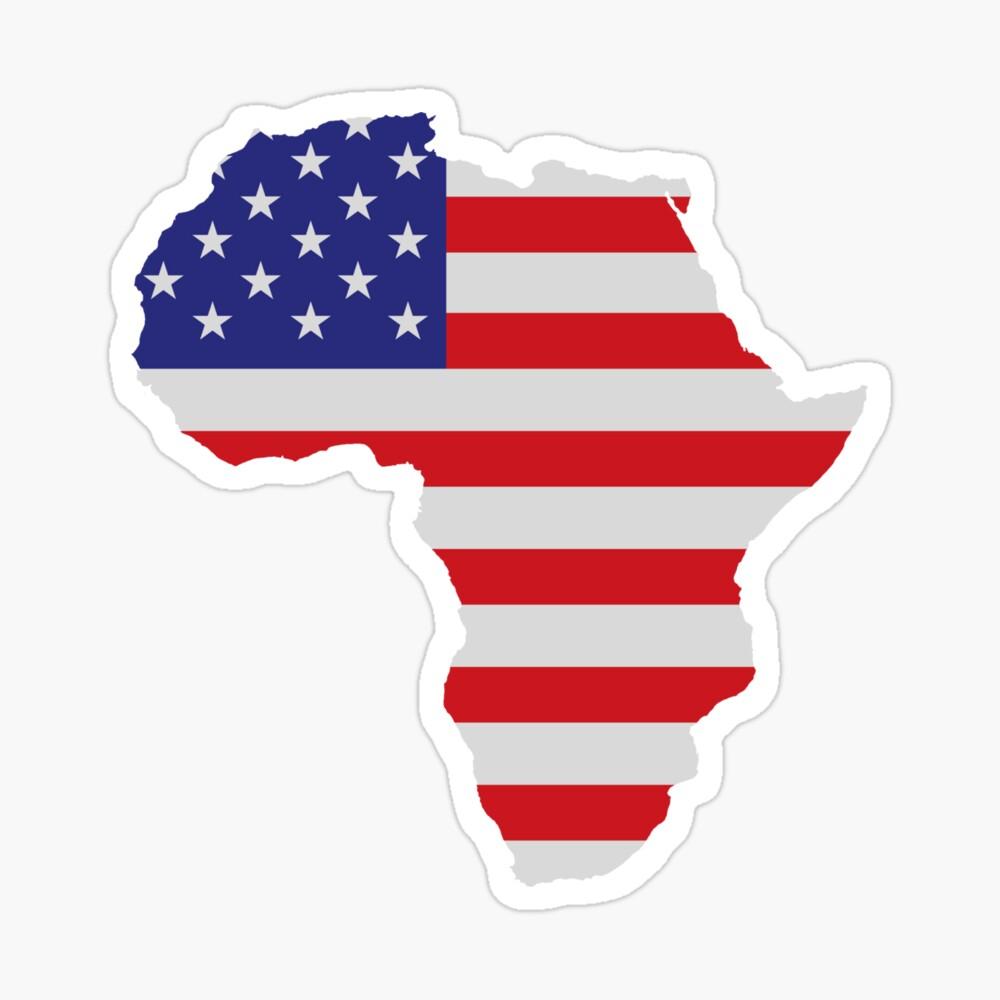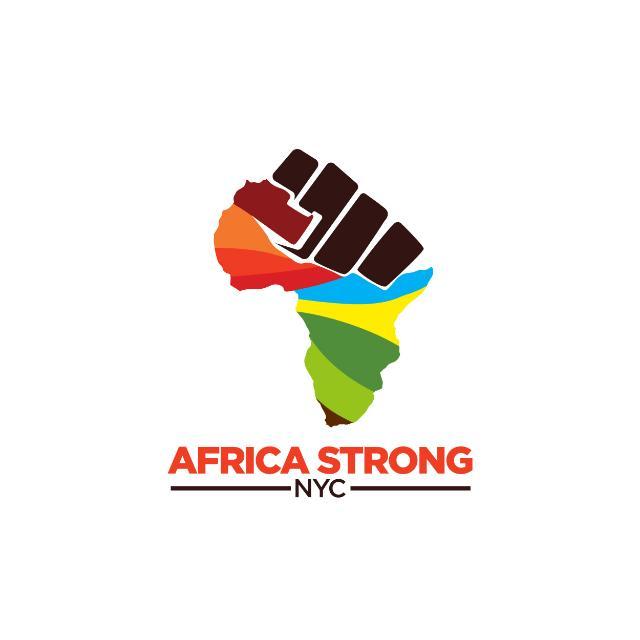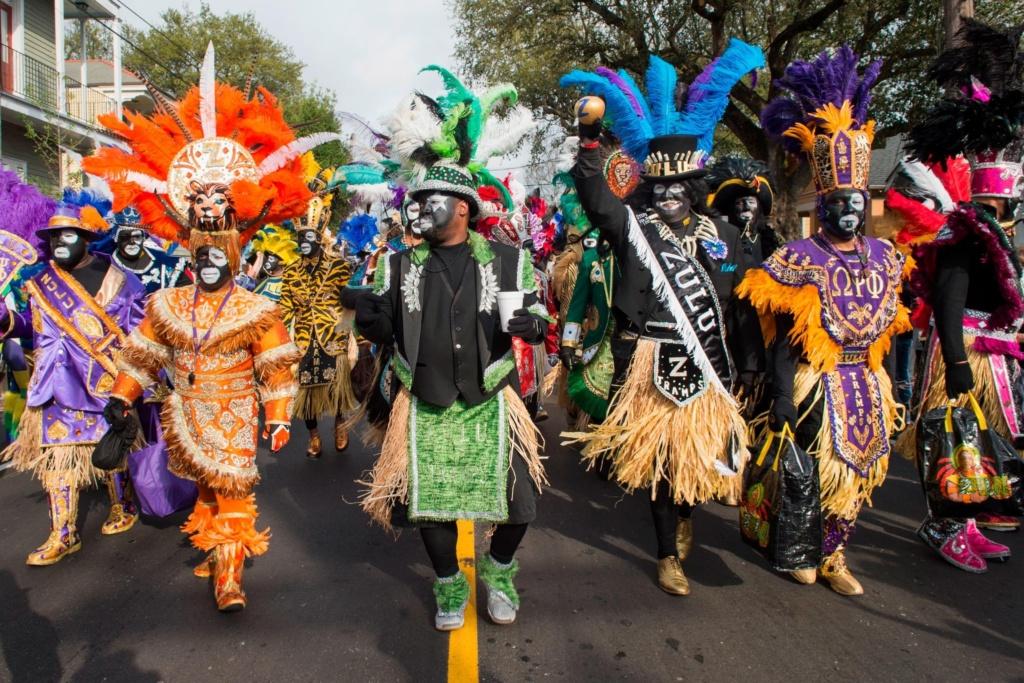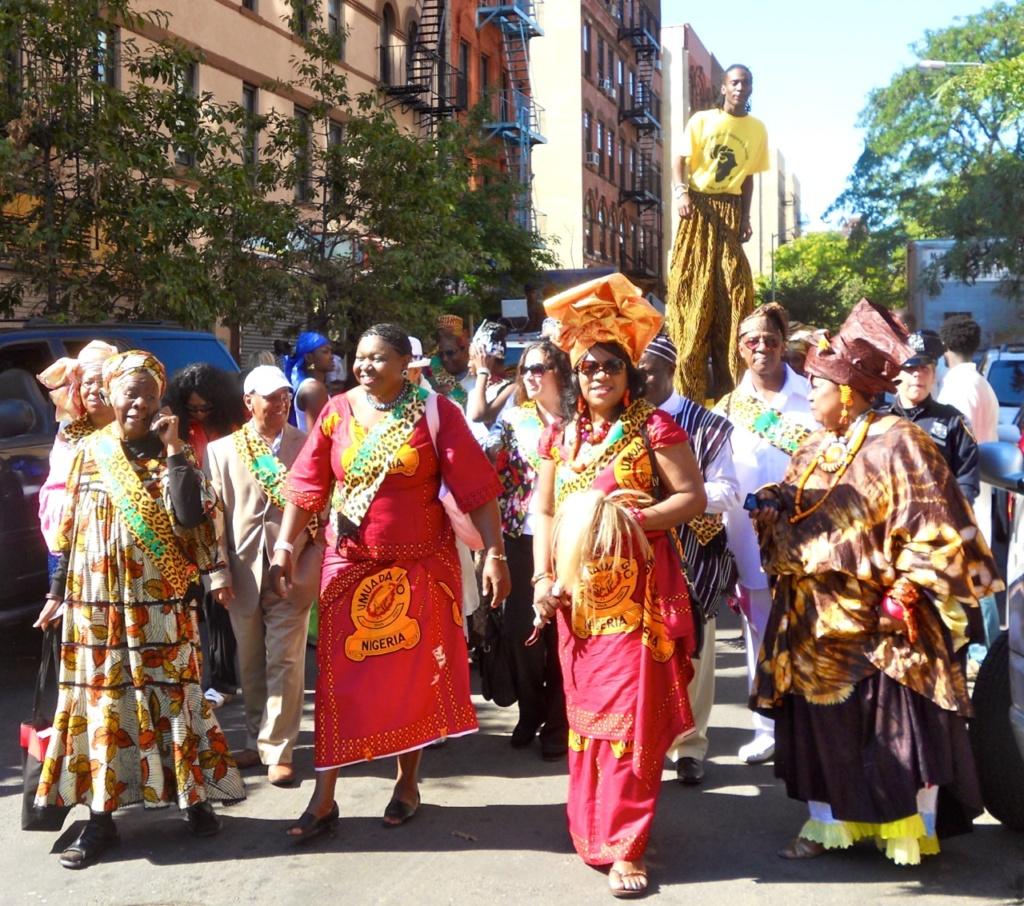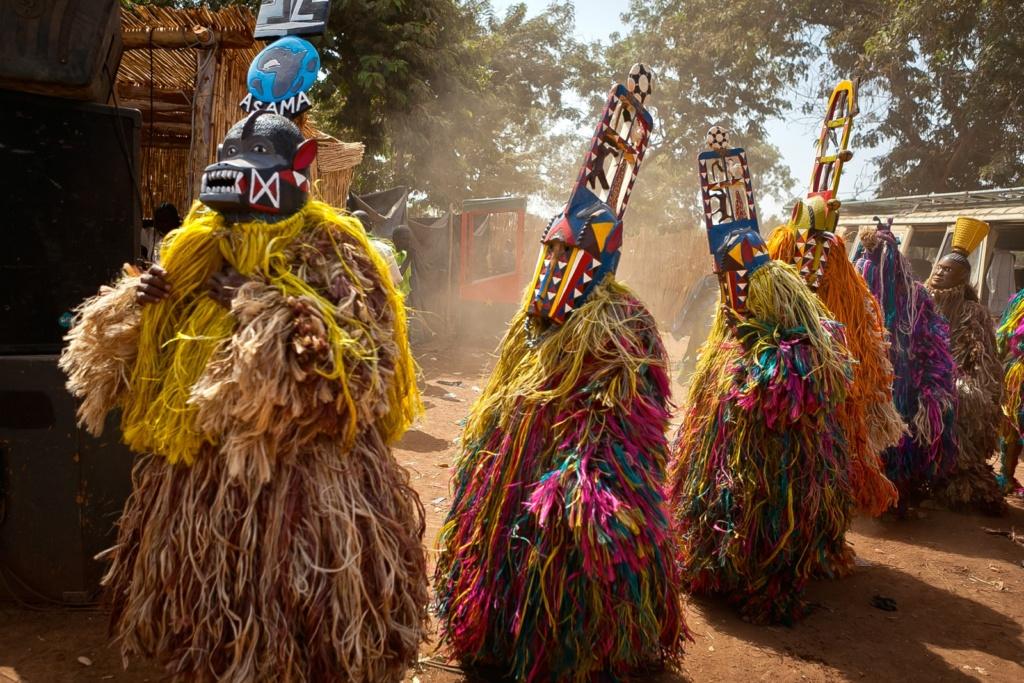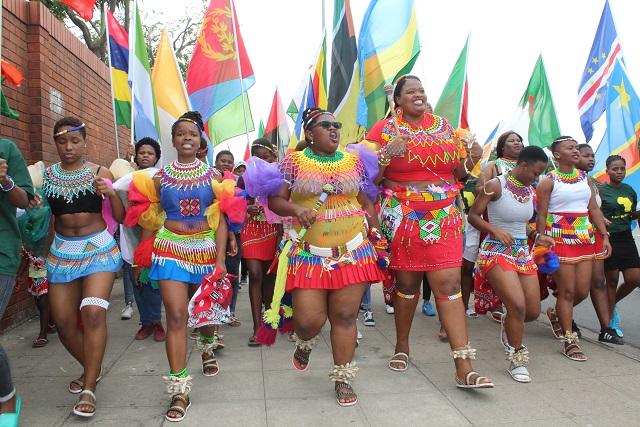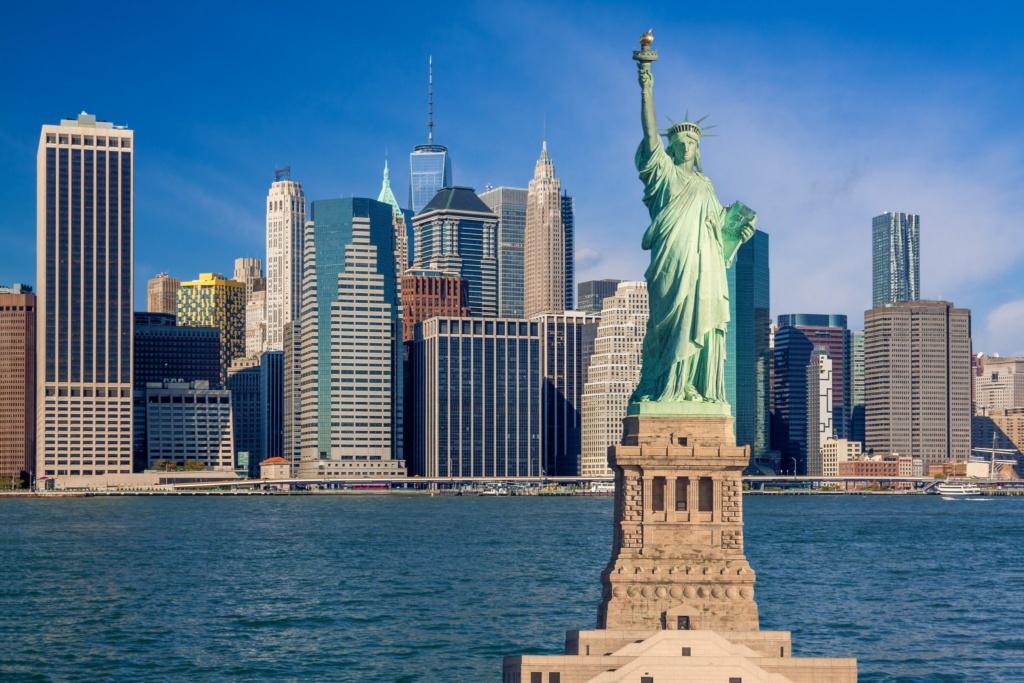African parades in the United States will serve several interconnected goals:
1. Cultural Celebration and Heritage: These parades will celebrate the rich and diverse cultures, traditions, and heritage of African countries or the African diaspora within the U.S. They showcase music, dance, art, fashion, and cuisine, highlighting the vibrancy and diversity of African cultures.
2. Unity and Community Pride: African parades will provide a platform for people of African descent, including various ethnic groups, to come together, fostering a sense of unity, solidarity, and pride within the community. They will serve as an opportunity for individuals to connect with their roots and celebrate their shared heritage.
3. Education and Awareness: These parades will educate participants and spectators about African history, traditions, and contributions to American society. They will help dispel stereotypes, promote understanding, and raise awareness about African culture, arts, and social issues.
4. Promotion of Diversity and Inclusivity: African parades will contribute to promoting diversity and inclusivity within the broader American society by showcasing the richness and contributions of African cultures. They will provide a platform for cross-cultural exchange and understanding.
5. Empowerment and Representation: These parades will serve as a means of empowerment, allowing individuals and communities to feel represented and acknowledged within the larger American cultural landscape. They offer visibility and a voice to African communities and their contributions.
6. Social and Economic Impact: African parades will have a positive economic impact by attracting visitors, promoting tourism, and supporting local businesses through increased foot traffic and sales during the event.
Overall, African parades in the U.S. will celebrate cultural diversity, foster a sense of unity and pride, promote understanding, and contribute to the social, cultural, and economic fabric of African communities and the wider American society.


